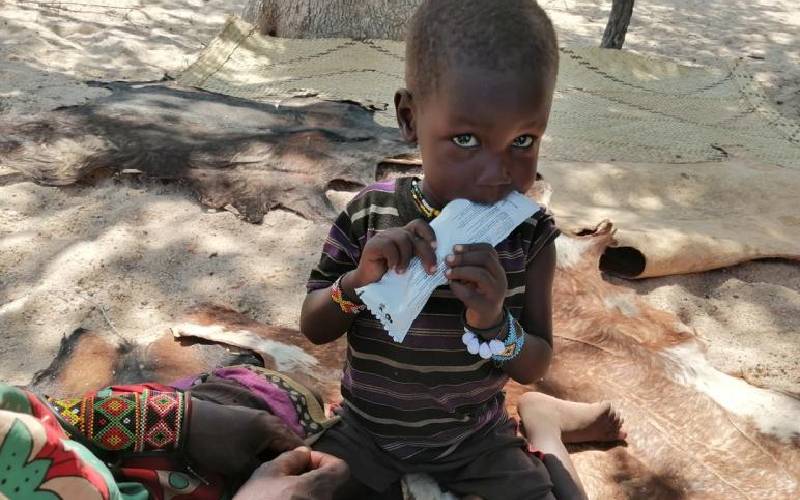×
The Standard e-Paper
Kenya’s Boldest Voice

A child treated for malnutrition. Her family's livelihoods have been decimated by the ongoing drought. [File, Standard]
Today, global attention shifts to Glasgow, Scotland, where representatives of countries meet for this year’s climate change negotiations.